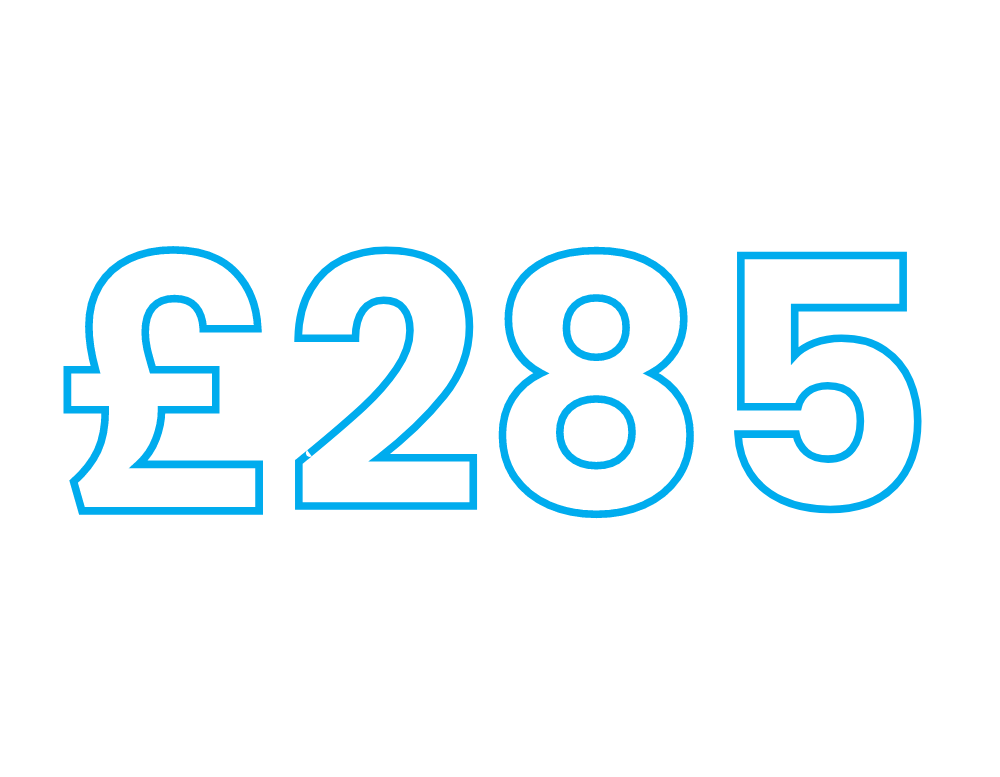Self Assessment Tax return
Preparing and filing your annual accounts is about a lot more than going through the motions. We’ll make sure your accounts stand up to scrutiny, but also that you’re on-track for meeting your goals and objectives


Hassle free
Create your free account. Enter your details and upload your documents. All hassle free.

Fixed fee
Fixed fee of £279. Includes preparing and filing your company tax return. No added fees.

Simple process
It’s a simple online process. Fast, efficient and a team of accountants at hand to help.
Value added service
Our bookkeeping and accounting experts are focused on helping you reach your goals. Get a direct line to your team on desktop or mobile – professional support is just a few swipes, taps, or clicks away.


Efficient delivery service
At Accounts Geek, we are very proud of our prompt delivery service with minimal fuss. Our job is to gather all the essential paperwork, go away and do the necessary number crunching, and prepare full accounts very quickly.
File on time, every time
Knowing what information is required means you will never have to worry about running around last minute to get things ready for HMRC and risk forgetting vital paperwork and possibly incurring a fine.


We submit your accounts
Once you’ve approved the prepared accounts and tax return, we submit your company tax return to HMRC and Companies House.
Known as “Annual Accounts” or “Year-end Accounts,” all UK limited companies are required to submit Statutory Accounts to Companies House within nine months of their fiscal year’s end. The accounts of small businesses, on the other hand, are much easier to prepare than those of their larger competitors.
- A balance sheet
- A profit and loss statement
- Notes about the accounts
- A director’s report
- An accountants or auditor’s report
The deadlines for filing your set of annual accounts are within nine months of your Accounting Reference Date after the first year.
Example: Company ABC Ltd. must file its annual accounts from 1 November 2019 to 31 October 2020 no later than 31 July 2021.
Profit & Loss (P&L) shows the performance over the company’s financial year. It would typically show a summary of income received and the types of expenses incurred. But, of course, every business is unique.
Most companies will also file a Company Tax Return with HMRC every year to disclose their earnings, losses, loans, and other circumstances affecting their tax due.
A retail business, for example, with multiple stores, may want to see income & expenses split by each store. In contrast, a construction business may want to see the profitability of each project it undertakes.
P&L produced for management should therefore be tailor-made, keeping in mind the nature of business, the level of detail required, the frequency and the layout.
A Balance Sheet shows the financial position of a business at any given point in time.
A Balance sheet should be prepared with notes to help indicate key business ratios, such as liquidity ratios, debtor and inventory days etc., which can highlight risk areas, so you are in a much better position to plan any cash flow needs.
Notes to the accounts shed light on crucial information that would be useful to any stakeholder of the business. Typical examples of these would include things like;
Breakdown of Fixed Assets to show amounts purchased, sold and depreciated
Related Party Transaction during the year
Detail of some of its creditor or debtors e.g. money owed broken between the bank, taxman or a director
The Companies Act 2006 requires all larger companies to produce a Director’s Report in their Annual accounts to improve corporate transparency. It talks about the business’s principal activities, any significant events incurred during the year and its business impact.
The report is an opportunity to provide greater detail about how the business has performed during the year any regulation impacts or changes in the economic outlook. It may also mention dividends the business intends to pay.

Different types of statutory accounts
Criteria for small companies
If your company meets two of the following conditions, it is considered as a small business:
- You have a turnover less than £10.2 million
- You have up to £5.1 million on your balance sheet
- You have less than 50 employees
As a small business, you can send Companies House abridged financial statements. In addition, a director’s report, a profit and loss account, and the option to audit or not are also available to small businesses.


Criteria for Micro-Entities
If your company meets two or more of the following conditions, you are defined as a micro-entity:
- You have a turnover lower than £632,000
- Your balance sheet shows a maximum of £316,000 or less
- You have 10 employees or less
Being a micro-entity means you do not need to prepare complex accounts, and you can send more straightforward balance sheets to Companies House instead. The same exemptions offered to small companies are also given to micro-entities.
Get started with Accounts Geek
We don’t just prepare your year-end statutory accounts, we take time to understand your business, identify opportunities to save tax, help you understand your financial performance and position of the business and much more…
